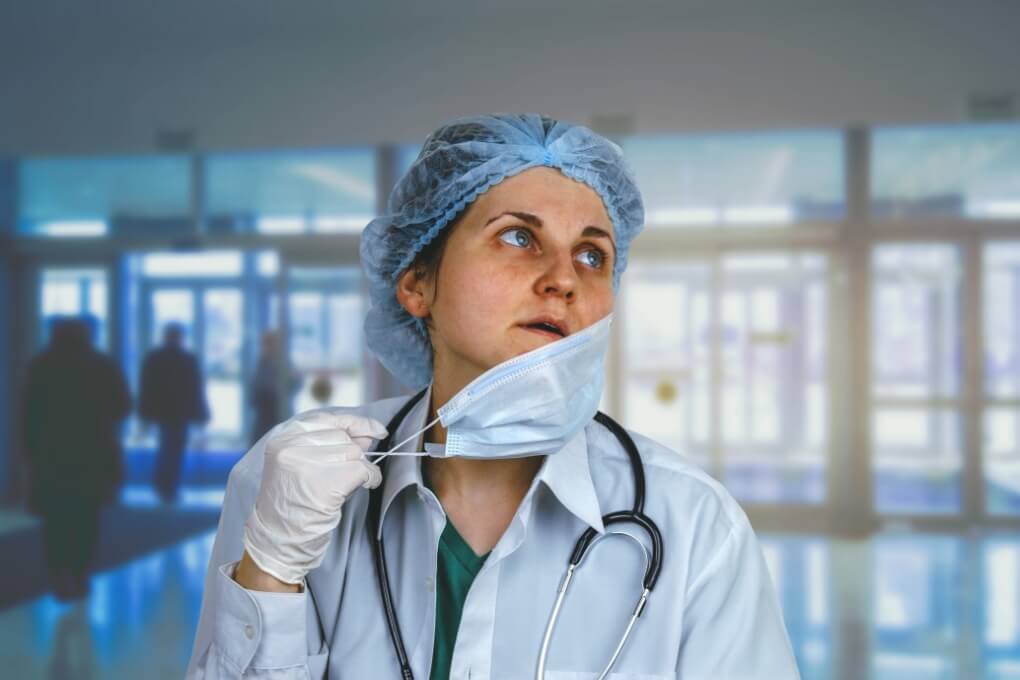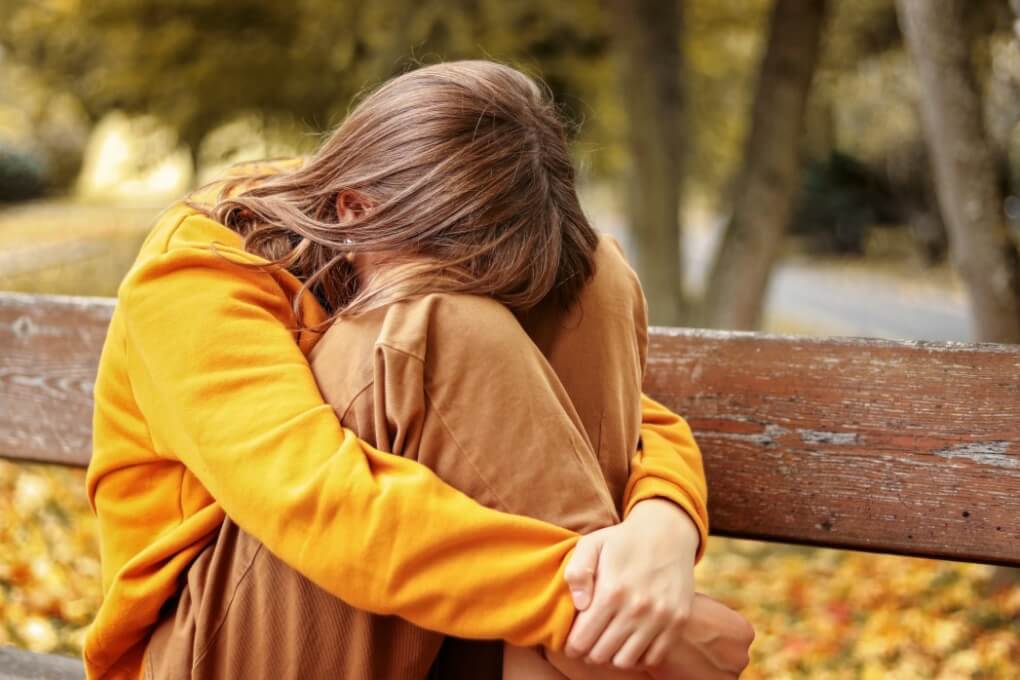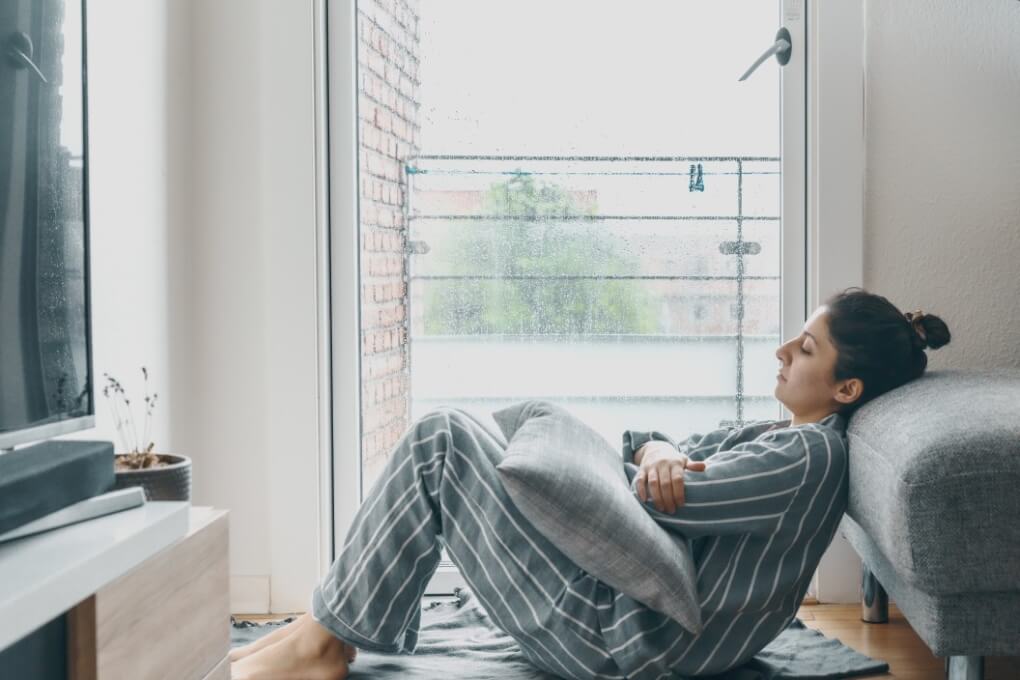How do I know if I am going through depression?
When people talk about depression, they usually imagine that it refers to a sense of deep sadness, beyond normal, exaggerated, that prevents them from enjoying things, going out, or generating projects. They almost always associate it with certain external adverse events, which produce this reaction.
For that reason, many do not understand why someone is depressed if he has many blessings and if everything in his life is going well, they do not see the reasons; they do not justify it.
And for, usually, they give well-intentioned advice such as “do your part,” “look at everything you have, consider yourself lucky,” or “you have no reason to be like this,” and one of the worst “others do not have what you have and they are not sad.”
It is vital to distinguish sadness from depression. We all feel despair; it is something of human nature. Of course, some people do not feel sorrow for one reason or another, most of them pathological. But most of us get sad when something negative happens, when things don’t go the way we imagined when they disappoint us, or for many other reasons. Sometimes this sadness is extreme, and it limits our activities, demotivates us, and makes us feel pessimistic about the future. Other times we live grief, which is not only due to the death of a loved one but can also occur due to a love breakdown, the loss of a job, or an economic bankruptcy.
But depression is more than this.
Called in medicine’ major depressive disorder‘, it refers to a very complex clinical picture, with many variables and numerous factors that produce it, of a biological, personality, social and experiential nature, which generate a series of multiple symptoms that affect the significant quality of life and functionality in the personal, family, social and academic or work areas.
These symptoms go far beyond sadness or demotivation.
They include physical symptoms such as:
- insomnia or excess drowsiness
- low or excess appetite
- anxiety
- low energy
- slowness or restlessness
- problems with concentration
- memory and planning skills, and
- numerous depressive thoughts

Some of these depressive thoughts include ideas of worthlessness, one which there is no future, that the world is bad, that nothing significant will be achieved with life, insults to self-esteem, ideas of guilt, and even ideas that it is better to be dead, that it is a burden for the family or the community and, in more severe cases, thoughts of wanting to end life.
Some of these depressive thoughts include ideas of worthlessness, one which there is no future, that the world is bad, that nothing significant will be achieved with life, insults to self-esteem, ideas of guilt, and even ideas that it is better to be dead, that it is a burden for the family or the community and, in more severe cases, thoughts of wanting to end life.
As you can see, clinical depression is much more than being sad about an adverse situation.

how to know you are suffering lonely upset heartbroken teenager girl crying sitting on a bench outdoors, hiding her face in knees
For that reason, the advice to put on one’s side or not to feel sad because we have more blessings than others do not work; they even irritate people who are going through depression.
If you have any of these symptoms mentioned, you may be experiencing depression. Of course, there are varying degrees, and it can be mild or very severe; But, anyway, if this takes longer than you can tolerate, or if it is getting out of hand and you have not been able to handle it with your coping strategies, it is best to get professional help.
At Refresh Recovery addiction treatment and mental health programs, we want to attend to your questions regarding depression or any dual diagnosis disorder such as addiction or alcoholism compounded with mental health disorders such as schizophrenia or OCD, among others. Please get in touch with us for any questions regarding when is the right time to get help and how to do so. We commend you for taking such a brave step towards healing.


